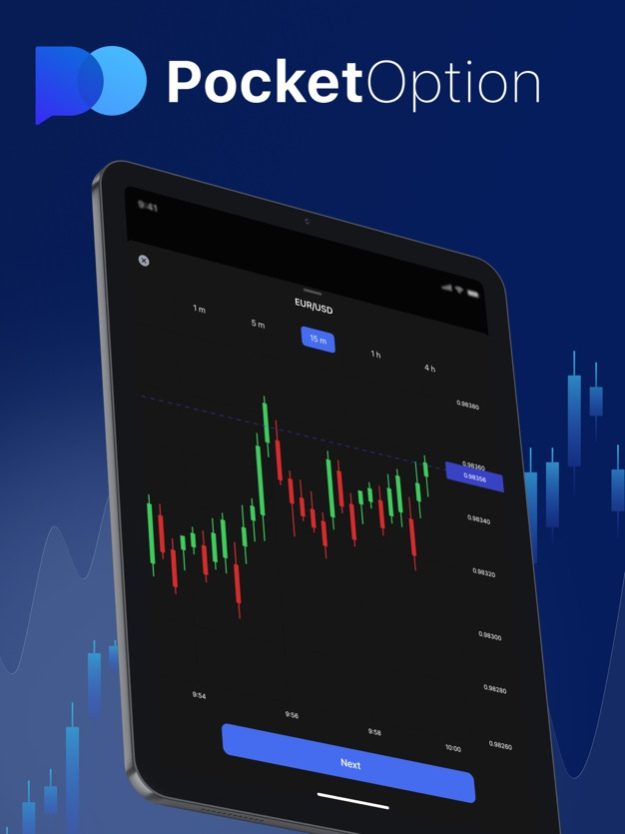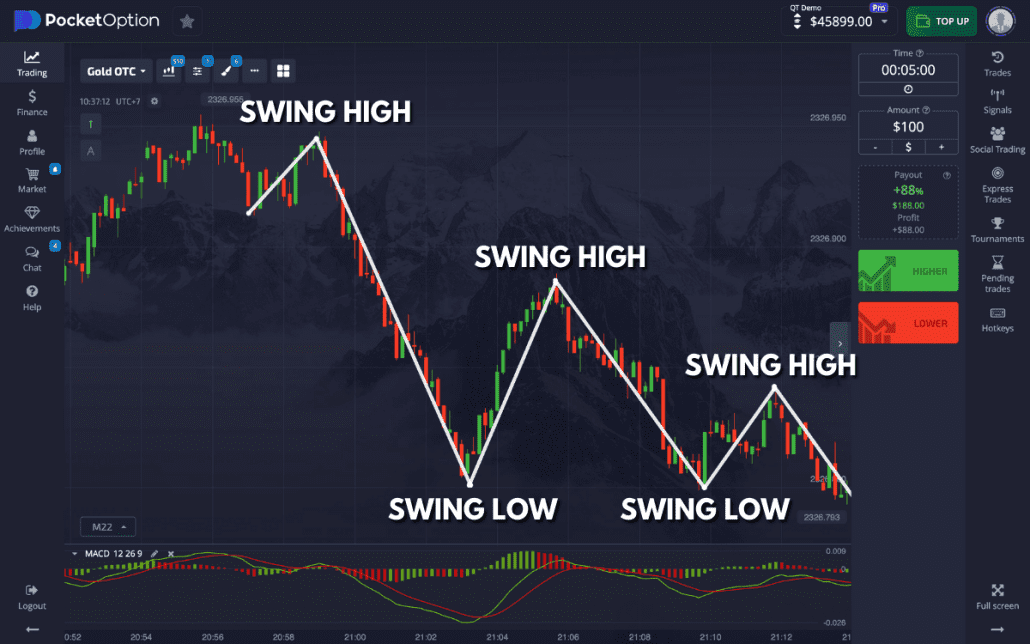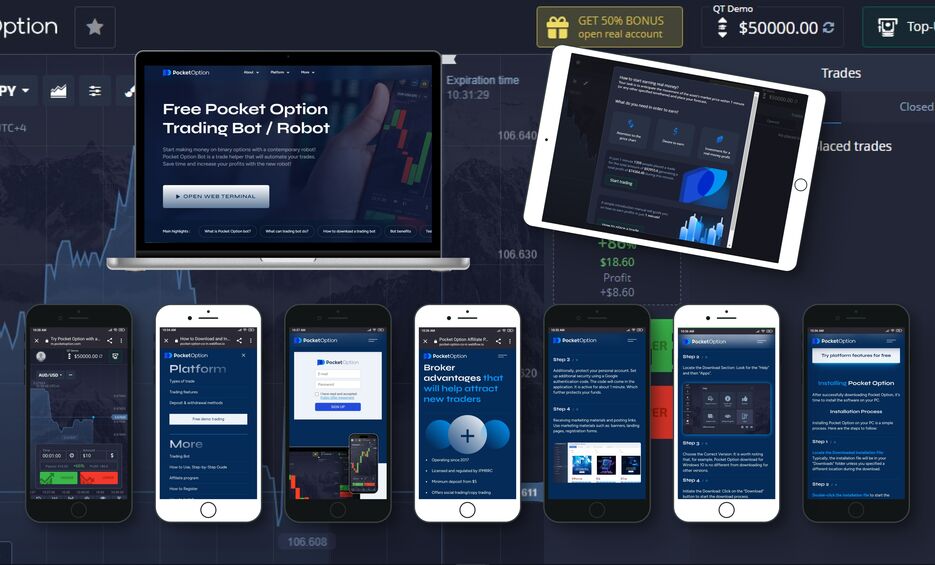
How Long Does It Take: Answers to Common Questions
The question of how long does it take often arises in various scenarios throughout our lives. Whether you’re trying to learn a new skill, get fit, or even save money, understanding the time commitment required can help you plan better and set realistic expectations. In this article, we will explore several contexts in which you might ask this question, providing insights and tips along the way. For those interested in trading, consider starting with a how long does it take for pocket option deposit демо-рахунок Pocket Option to get a feel for the market without financial risk.
Learning a New Skill
How long does it take to learn a new skill? This varies widely depending on the complexity of the skill, the learner’s previous experience, and the time dedicated to practice. For instance, becoming proficient in playing a musical instrument like the piano might take several months to years, depending on weekly practice hours. Studies have shown that dedicated, consistent practice over time is crucial for skill acquisition. A common rule of thumb is the “10,000-hour rule,” popularized by Malcolm Gladwell, suggesting that it takes approximately 10,000 hours of practice to achieve mastery in a field.
The Role of Deliberate Practice
Deliberate practice, as opposed to simply repeating a task, plays a significant role in how quickly a skill can be acquired. It involves focused, structured practice aimed at improving performance. Setting specific goals, receiving feedback, and pushing out of your comfort zone can all speed up the learning process.
Fitness Goals
“How long does it take to get fit?” is another common question. The answer can depend on your starting point, your goals, and how consistently you follow a fitness regimen. Generally, noticeable changes in your body can occur within a few weeks, while significant transformations may take several months of dedicated effort.
Factors Influencing Fitness Timeline

Key factors that influence how long it takes to get fit include:
- Type of Exercise: Different types of exercise (cardio, strength training, flexibility work) yield varying results.
- Diet: Nutrition plays a vital role in achieving fitness goals.
- Consistency: Regularity in your workout routine is essential for progress.
- Age and Gender: Physiological differences can also affect how quickly individuals achieve fitness results.
Saving Money
When planning to make a significant purchase or save for an emergency fund, many ask, “How long does it take to save money?” This timeframe will depend on income, expenses, and savings goals. For example, if you aim to save $10,000 and can save $500 a month, it will take you 20 months.
Strategies for Faster Savings
To expedite your savings process, consider these strategies:
- Create a Budget: Track your expenses and identify areas where you can cut back.
- Set Specific Goals: Having a clear target can motivate you to save more efficiently.
- Use Automatic Transfers: Set up automatic transfers from checking to savings accounts to encourage saving.
Mastering a Language
If you’ve ever wondered, “How long does it take to learn a new language?” you’re not alone. Factors like the language’s similarity to your native tongue, the time you dedicate daily, and immersion opportunities all heavily influence this timeline. On average, reaching conversational fluency in a new language can take anywhere from 6 months to a few years.

Immersion vs. Traditional Learning
Engaging with the language daily through conversation, media, and reading can significantly speed up the learning process compared to traditional classroom settings. Language immersion programs and travel to countries where the language is spoken are effective ways to expedite learning.
Timeframe Expectations in Different Careers
If you’re considering a career change or are entering the workforce for the first time, you might ask, “How long does it take to get a job?” Job searching timeframes can vary greatly depending on the industry, your qualifications, and economic conditions. Generally, it can take anywhere from a few weeks to several months.
Improving Job Hunt Efficiency
To make your job search more efficient, consider these tips:
- Network: Reach out to former colleagues or attend industry events.
- Tailor Your Application: Customize your resume and cover letter for each job application.
- Utilize Job Boards: Leverage platforms like LinkedIn and Indeed for wider reach.
Conclusion
While “how long does it take” questions are common across various aspects of life, the answers are often complex and heavily dependent on personal commitment and external factors. By understanding these dynamics, you can set more realistic goals for yourself, whether that involves learning a new skill, getting fit, saving money, or entering the workforce. Each journey may take time, but with dedication and the right approach, you can reach your goals more efficiently.
Embracing the process and remaining patient with yourself will ultimately lead to success. Remember, the journey is just as important as the outcome.
